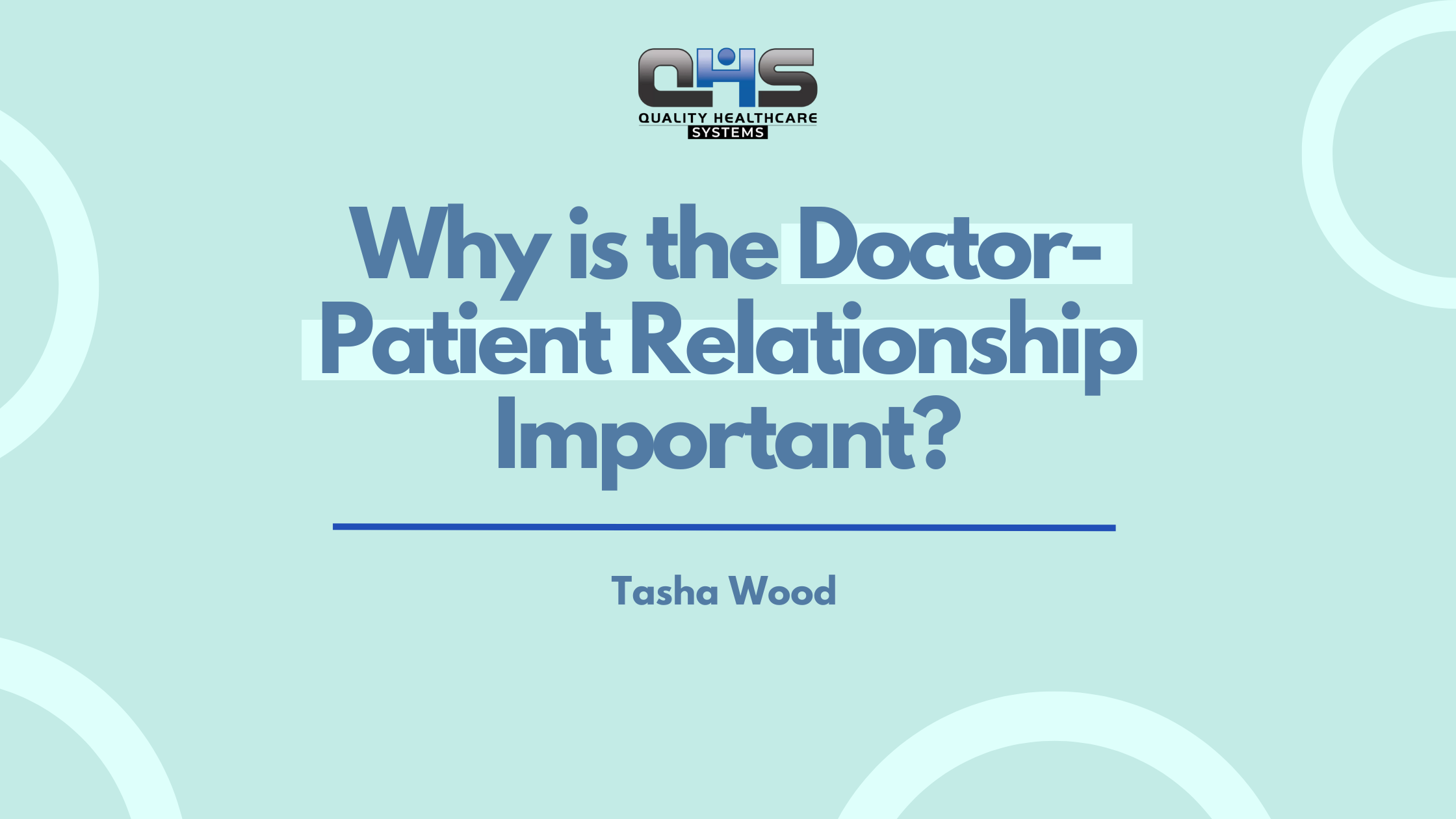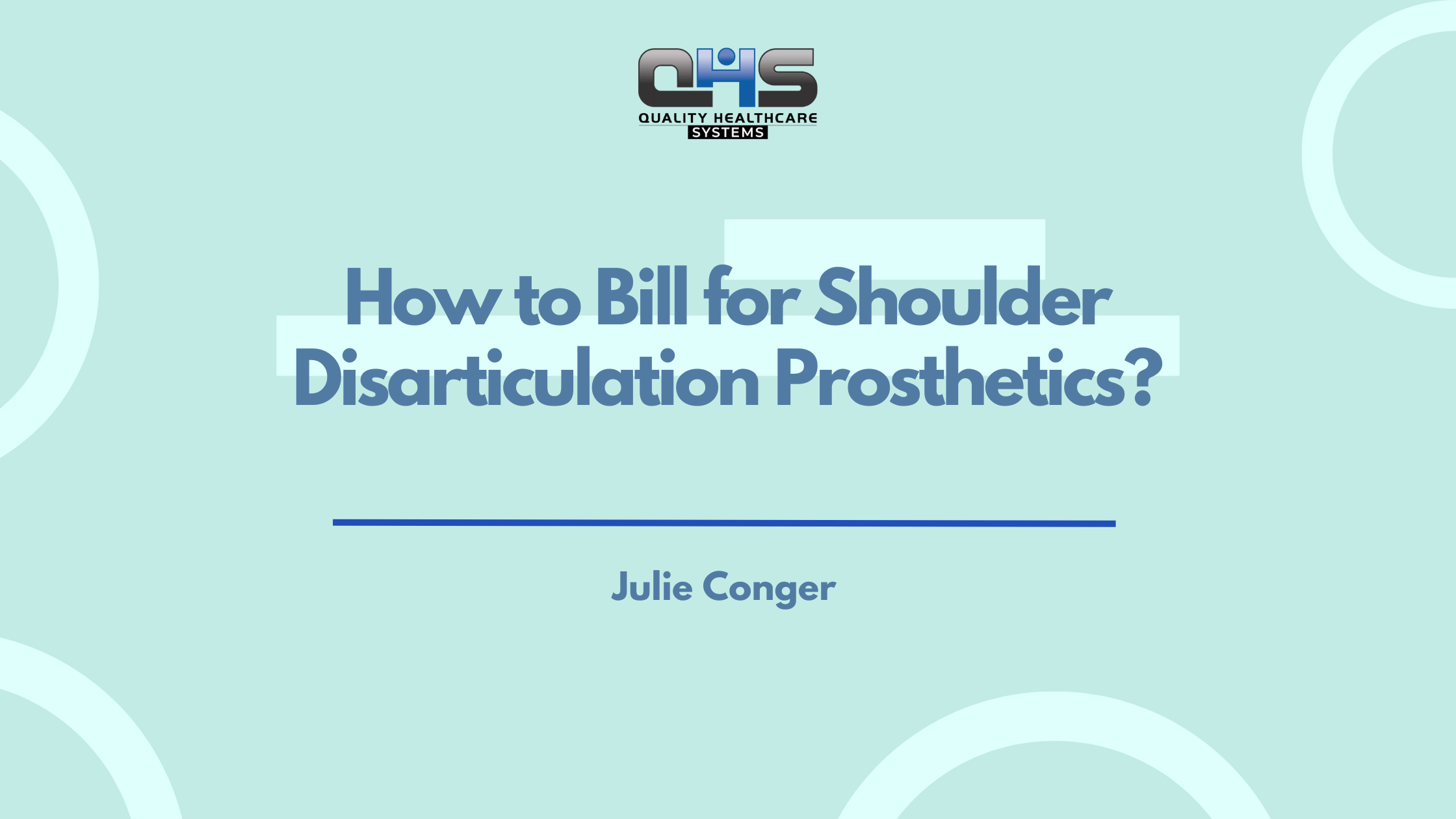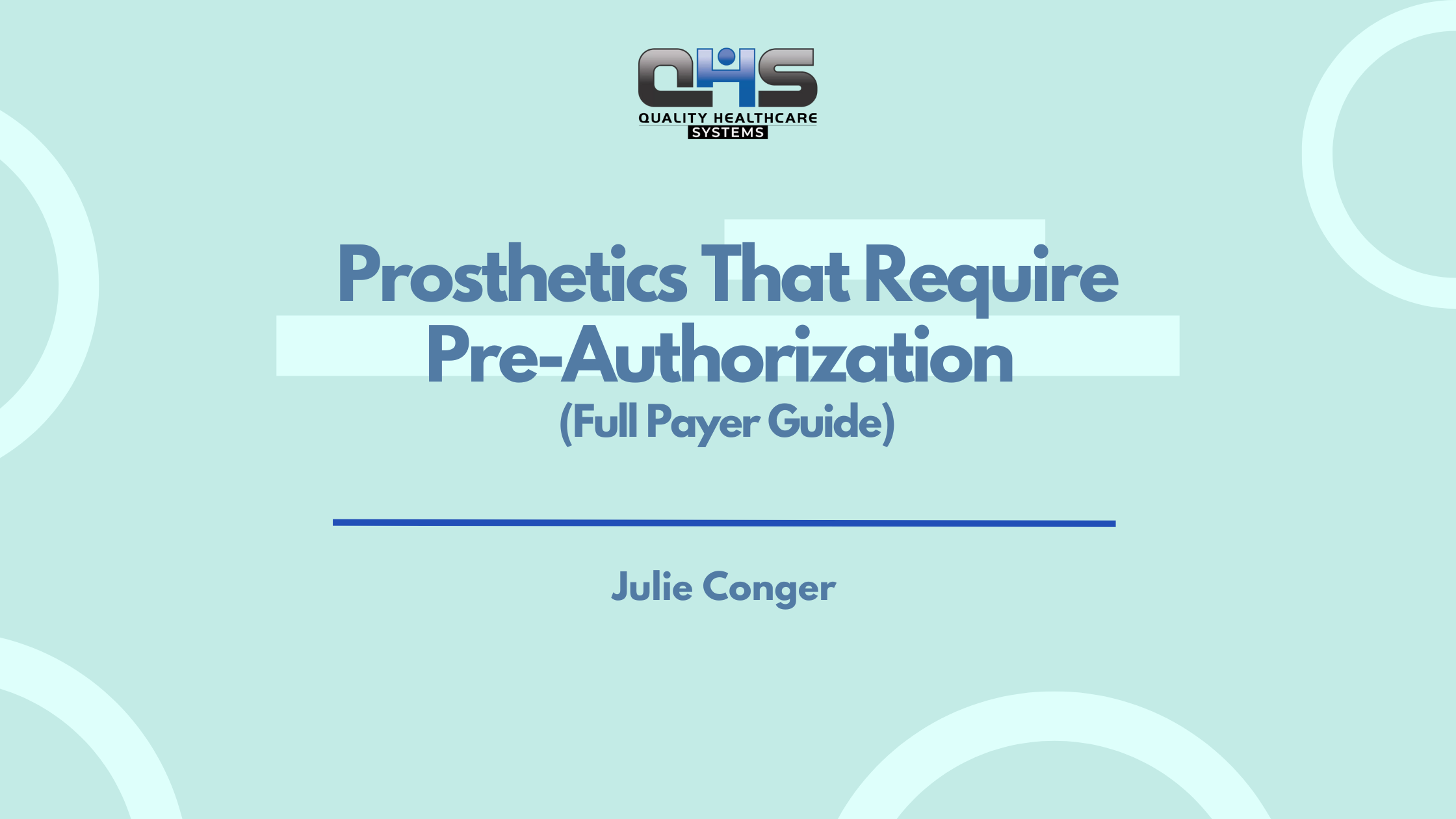The foundation of successful healthcare lies in the strength of the doctor-patient relationship. It’s more than just communication—it’s about trust, empathy, and collaboration. A strong doctor-patient bond not only enhances patient outcomes but also plays a pivotal role in the success and reputation of a healthcare practice. In this blog, we’ll explore why building this relationship is vital and how it benefits both patients and providers.
1. Builds Trust and Improves Compliance
Trust is the cornerstone of any effective doctor-patient relationship. Patients are more likely to share relevant health information and follow treatment plans when they feel confident in their doctor’s abilities.
A patient who trusts their doctor is more likely to adhere to a long-term medication regimen for managing chronic conditions, reducing hospital visits and complications.
How to implement
Foster trust by practicing active listening, maintaining transparency about diagnoses and treatments, and consistently addressing patient concerns with care and professionalism.
2. Enhances Patient Satisfaction
A positive relationship between doctor and patient contributes significantly to patient satisfaction. When patients feel heard and valued, they are more likely to view their healthcare experience as positive.
Patients who receive detailed explanations about their conditions and treatment options report higher satisfaction levels, making them more likely to recommend the practice to friends and family.
How to implement
Dedicate time during consultations to understand the patient’s perspective, answer their questions, and validate their concerns.
3. Leads to Better Health Outcomes
A strong doctor-patient relationship encourages patients to take an active role in their healthcare, which can lead to improved health outcomes. When patients feel supported and well-informed, they are more likely to comply with prescribed treatments and preventive care.
For example, a diabetic patient who works collaboratively with their doctor to create a personalized care plan is more likely to manage their condition effectively, resulting in fewer complications and hospitalizations.
How to implement
Provide patient education materials and tools to empower patients to make informed decisions about their health.
4. Strengthens Patient Retention and Loyalty
Patients who feel a strong connection with their doctor are more likely to remain loyal to the practice. Retaining loyal patients reduces marketing costs and ensures a consistent revenue stream.
A long-term patient who appreciates their doctor’s attentiveness and empathy is less likely to switch providers, even when competing practices offer lower fees.
How to implement
Personalize interactions by remembering key details about patients, such as their preferences, concerns, and medical histories.
5. Boosts Practice Reputation
Satisfied patients who experience positive relationships with their doctor are more likely to leave favorable reviews and recommend the practice to others. Word-of-mouth referrals and positive online feedback can significantly enhance a practice’s reputation.
A patient who feels genuinely cared for during their consultation is more inclined to post a glowing review on platforms like Google or Yelp, attracting new patients to the practice.
How to implement
Encourage satisfied patients to provide feedback and actively address any concerns or complaints to improve the patient experience.
6. Reduces Patient Anxiety
Medical visits can often be stressful for patients, especially when dealing with complex diagnoses or treatments. A strong doctor-patient relationship helps alleviate this anxiety by creating a sense of comfort and understanding.
For example, a patient undergoing surgery feels reassured when their doctor thoroughly explains the procedure, addressing all their fears and expectations.
How to implement
Practice empathy and ensure that patients feel supported during every step of their healthcare journey.
7. Fosters Collaborative Decision-Making
When patients feel involved in their healthcare decisions, they are more likely to adhere to treatment plans tailored to their needs. Collaborative decision-making strengthens the bond between doctor and patient, fostering mutual respect and understanding.
For instance, a patient with chronic pain works with their doctor to choose a treatment plan that balances efficacy with their lifestyle, resulting in higher compliance and satisfaction.
How to implement
Explain all available options clearly, discuss potential risks and benefits, and invite patients to share their preferences and concerns.
FAQs
How does a strong doctor-patient relationship benefit a practice?
It leads to improved patient satisfaction, loyalty, and positive reviews, which help attract and retain patients.
What are some ways to strengthen the doctor-patient relationship?
Active listening, clear communication, empathy, and involving patients in decision-making are effective strategies.
How does the doctor-patient relationship impact health outcomes?
A good relationship fosters trust, which encourages patients to follow treatment plans, engage in preventive care, and share important health information.
Can the doctor-patient relationship reduce patient anxiety?
Yes, empathetic communication and a comfortable rapport can help alleviate patient fears and improve their overall experience.
Conclusion
A strong doctor-patient relationship is the backbone of a successful healthcare practice. It improves trust, satisfaction, and health outcomes while fostering loyalty and boosting the practice’s reputation. By investing time and effort into building meaningful connections with patients, doctors can create a more positive and impactful healthcare experience for everyone involved.






